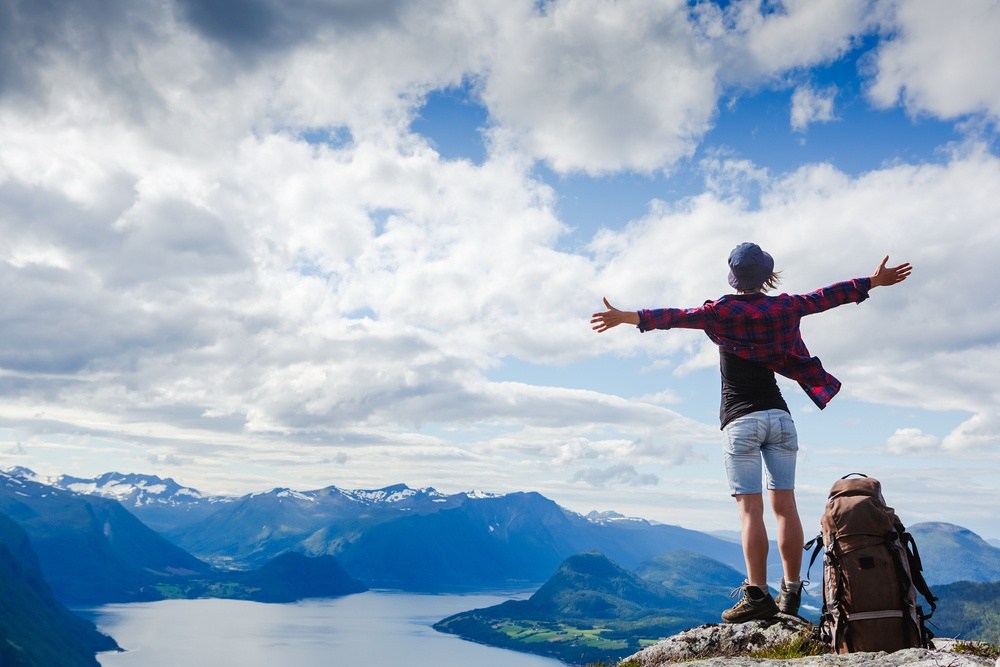The Role Of Fear In Our Lives
 Contributed by
Anuradha Shroff
July 19, 2016
Contributed by
Anuradha Shroff
July 19, 2016

There is an old adage: There is nothing to fear but fear itself. It took me a long time to fully comprehend the truth of this – and only after I had new experiences, which terrified me initially.
My paralysing fear of flipping over in the boat while scuba diving was accentuated by the engulfing sea water. The icy hand around my heart, as I waited to ski down a red slope for the first time, made worse by the harsh snowfall slapping against my goggles. But I clearly survived those experiences and, more importantly, began to enjoy them after some time.
Why Do We Fear New Experiences And How Does Fear Help Or Hinder Our Development?
When we fear an unknown experience, our primal “fight or flight” response kicks in. It feels as though our brain is telling us “this does not look or feel good, better not do it”. This is a natural way of us trying to protect ourselves from the unknown – just as our ancestors did generations ago in the wild. In today’s context, fear can also manifest iteself in experiences which do not necessarily lead to bodily harm, such as giving a presentation, signing up for an advanced course, or the fear of a colleague who is more experienced than us.
Fear arises in these situations due to the assumptions we make of ourselves, our abilities and the way others see us. We think that we are not good enough to give the presentation, not qualified enough to be a participant at a course, or fear disappointing our esteemed colleague by not matching up to standard. Fundamentally, we underestimate our own abilities and overestimate what others think of us.
At this point, we either override our fear with “it will be alright, breathe and go” or we can give in to it. Chances are, people who choose the former are more likely to stretch and develop themselves over time. While the fear may still exist in our bodies, there is wonderful learning in managing the fear itself. Taking deep breaths and feeling what it is like to feel fear. Another old adage, “look fear in the eye”, aptly summarises this stage as we acknowledge that we are fearful yet take a decisive step towards facing and overcoming it. Several times, we realise that the fear only existed in our minds or that other people were feeling fear as well.
Fear As A Healthy Catalyst
If we see fear as a step towards our own development and learning, it can serve as a healthy catalyst. The problem arises when we are stunned into inaction or avoidance, which can debilitate our growth journey.
What have I learnt when facing my fears? Simply this:
- It is alright to feel fear
- Deep breaths are the key to managing fear
- Know that no one else is as harsh on you as you are on yourself
- You will learn from the experience, and learning keeps us young
- Others are carrying their own fears and “stuff” just like you
So, go ahead, make fear a part of your life. Sense it, feel it, but definitely work towards managing it. That will be when we are truly transforming ourselves into better human beings.
Did you enjoy this post? Please comment, like and share!
—
Interested in growing your business so you can do more of what you love? Check out Connected Women Jobs and get matched with hundreds of women online experts looking for remote work!
—
Share. Connect. Work. Learn.
Be part of a global community of women entrepreneurs, freelancers & professionals. Join us, it’s free.










Sorry, the comment form is closed at this time.